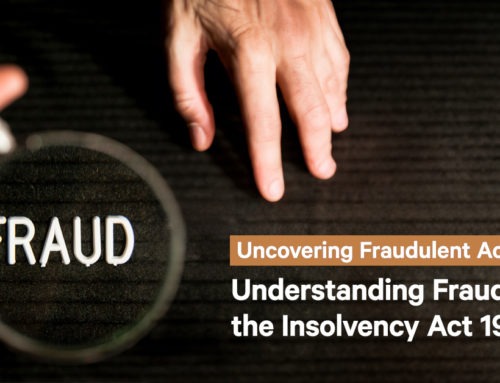The rules that surround your benefits and inheriting money can be somewhat confusing. If you have recently inherited some money and are wondering whether or not it will affect your benefits, then you’re in the right place. The truth is that it might, but this all depends on the kind of benefit you’re claiming.
Inherit Money While on Benefits in the UK
If you Inherit Money While on Benefits, then it can affect your benefits due to the fact most of them are means-tested. This essentially means that once the income or savings has managed to exceed some kind of threshold, the benefits could get reduced or even completely cease to exist.
There are a number of different means-tested benefits that could be affected by inheritance and the amount you have in savings, and these include:
- Employment and Support Allowance
- Universal Credit
- Income Support
- Housing Benefits
- Council Tax Support
- Working Tax Credit
- Pension Credit
- Child Tax Credit
If your savings have increased as a result of receiving an inheritance, then you need to let the Department for Work and Pension (DWP) know. If you fail to notify them you could wind up facing a fine and even a potential prison sentence. You also might lose the right to receive benefits for three years if you fail to let the DWP know about your change of circumstances.
What Actually Counts as Savings?
So, what are your savings? Savings is any money you can get hold of easily or financial products that you can sell. This includes:
- Cash Savings: These are any savings that are contained within your bank account, within your building society account or any account you own that pays some sort of interest.
- Investments: These are saving products that give you some kind of return on your money. This includes the likes of stocks and shares, ISA’s or a unit trust.
- Premium Bonds: These are products of national savings or investments that pay out different prizes rather than interest.
- Rent Payment: This is the amount of money that you pay every month in order to live on somebody else’s property.
- Mortgage Repayment: This is the amount that you pay each month in order to reduce the amount you have on your mortgage loan, for instance, if you have a fixed-rate mortgage.
- Council Tax Payment: This is the amount of money you will pay every year as a means of helping to cover the cost of services provided by your local government.
- Other Regular Bills: This includes all of the different bills you are liable to pay, such as utility bills, mobile phone contracts and car insurance.
When you are making a claim for benefits, it will be up to the discretion of the DWP whether or not your savings will be included.
What Are Savings Limits?
The way that your benefits could be affected by inheritance is if said inheritance means you exceed the savings limit to claim them. When a benefit is means-tested, it has a lower capital limit of £6000 and an upper limit of £16,000. This limit is subsequently known as the Savings Credit threshold.
- Universal Credit: If you or your partner has managed to save £16,000 or more, then you will be unable to claim for universal credit.
- Housing Benefit: If you’re over the state pension age, then the £6000 limit doesn’t apply unless you live with someone and claim housing benefits with them, and they are under the State Pension age. If you get housing benefits then you can save up to £16,000 before your benefits are affected.
- Tax Credits: Your tax credits are not going to be affected by different savings limits.
- Pension Credits: The only time your capital is going to have an effect on your Pension Credit is if you have over £10,000 in assets.
Other Savings That Could Affect the Benefits You Claim
On top of those discussed above, there are a few more types of benefits that could potentially affect the Inherit Money While on Benefits.
- Redundancy Pay: If you find that you are eligible for redundancy pay, then this is going to be included within your benefits tally. If you have been fired from your previous role, then the main benefit you are going to be able to claim is a new form of Jobseeker’s Allowance, which is completely independent of your savings.
- Compensation Payouts: You will receive a compensation payout if you have become ill or injured as a result of the job that you did. If you are eligible for such a payout, then the lump sum you end up receiving will be determined by the seriousness of your injury or illness and could affect your claim for benefits, depending on how much it is.
- Deprivation of Assets: You aren’t able to simply reduce your assets or any savings you have in a bid to increase the number of benefits you have access to. This is an action that the DWP calls “asset deprivation”. When you give away money, transfer ownership of a property you own or acquire items that aren’t included in the means test, these are all considered examples of asset deprivation.
What Effect Does Inheritance Have on Benefits?
So, does inheritance have any kind of effect on the benefits you can claim within the UK? In short: yes. When you are claiming benefits in the UK and receive some kind of inheritance, the rule of thumb tends to be that if you receive enough inheritance that pushes you over the £16,000 savings limit, you are going to be unable to claim benefits or the benefits you claim could be reduced. There are, of course some exceptions to this rule.
Visit this to get more information.






